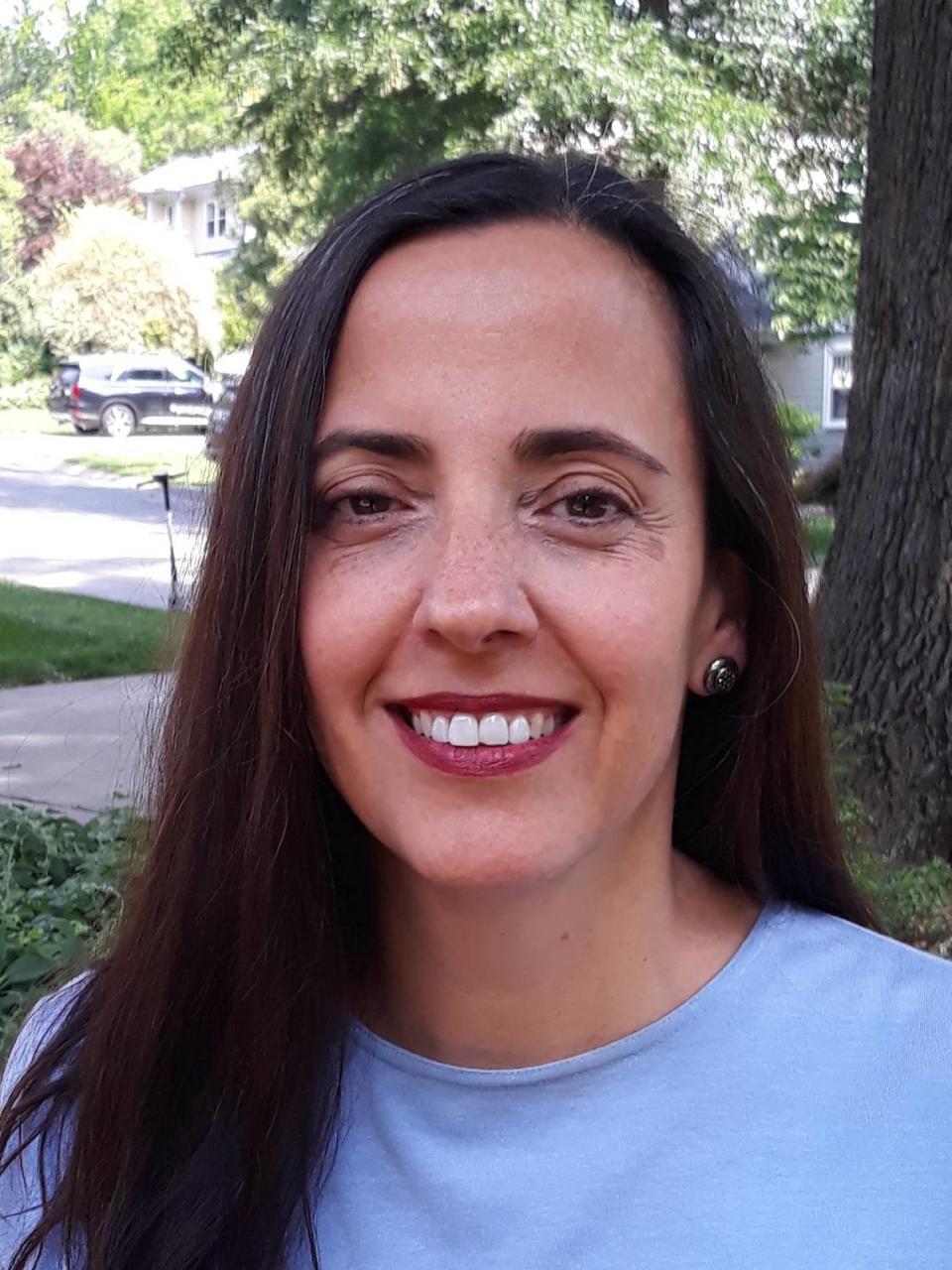Rebuild the Black community’s trust by helping Cherry establish a community center
Welcome to NC Voices, where leaders, readers and experts from across North Carolina can speak on issues affecting our communities. Send submissions of 300 words or fewer to opinion@charlotteobserver.com.
Black community trust eroded
For decades, the Cherry Community Organization has expressed its desire to use the Morgan School as a community center. Recently, neighbors were told Charlotte-Mecklenburg Schools has reached an agreement to lease it to ASC-funded Arts+.
Morgan School was built in 1926 by the Myers family to teach children of color in Cherry. In 2017, after Keith Lamont Scott was killed, neighbors were told by city staff that the empty school might be used to meet housing promises.
CCO has financial backing, but the neighbor-run organization has spent weeks getting clarification from the county about next steps to get the school. CMS says its deal is an opportunity for rent revenue, which would help all CMS students. Yet, Arts+ will only pay for renovations, not rent. That benefits Arts+, not all CMS students.
CCO wants to renovate the school and use it like the former school building in Grier Heights, another historically Black neighborhood. There, over 40 partners deliver everything from CMS meals to job skills classes to maternal health support. Neighbors benefit and the city, county and CMS save overhead.
There is no “one size fits all” solution to help families achieve upward mobility. The most easily-fixed problem identified by Charlotte’s Opportunity Task Force is that our service delivery system is broken.
When I managed operations of the Workforce Development board, the greatest challenge was combining resources across government agencies to reach people in their communities. CCO’s model for Morgan School would create a privately-financed, demand-driven service delivery system. That benefits us all.
Until the Black community is a financial partner like ASC or tourism, it will be expected to settle for scraps. In spite of the work of the Restorative Justice Initiative, Charlotte’s elected officials continue to choose to give control of property in Black neighborhoods to outsiders. It erodes Black communities. It erodes trust.
Leslie Dwyer, Charlotte
BuyingItBack.com founder

Fund after-school programs
Despite our best efforts, the compounding effects of the pandemic — lost instructional time, hunger, social isolation and mental health challenges — threaten children’s well-being and future.
The American Rescue Plan includes dedicated funding to support kids’ academic, social and emotional recovery. In North Carolina, the plan gives the state and school district leaders decision-making power over more than $3 billion to meet students’ needs.
We cannot and should not expect our schools alone to provide the expanded supports kids and families will need this summer and beyond. Partnerships between schools and after-school programs are more critical than ever.
For example, the Boys & Girls Club of Cabarrus County and Royal Oaks School of the Arts worked together over the past year to support students and families. Club staff and Royal Oaks teachers collaborated to help students attend virtual classes and complete assignments. We also partner to support struggling students and provide care while parents work.
A 21st Century Community Learning Centers grant has allowed the club to offer free services to more than 1,300 children since the pandemic began. This support is critical — more than 70% of club participants are eligible for free or reduced lunch and most come from single-parent households.
Yet our state’s after school programs have been historically underfunded and unable to meet the high demand for our services. Decades of data prove these programs help kids learn and thrive, but more than 660,000 North Carolina kids are on the waitlist.
Using federal relief dollars to help kids access after school is an essential strategy for a robust recovery and a necessary investment in our children’s future.
Melody Marsh
Principal, Royal Oaks School of the Arts
Jonathan Helms
Grant development director, Boys & Girls Club of Cabarrus County

 Yahoo Finance
Yahoo Finance 